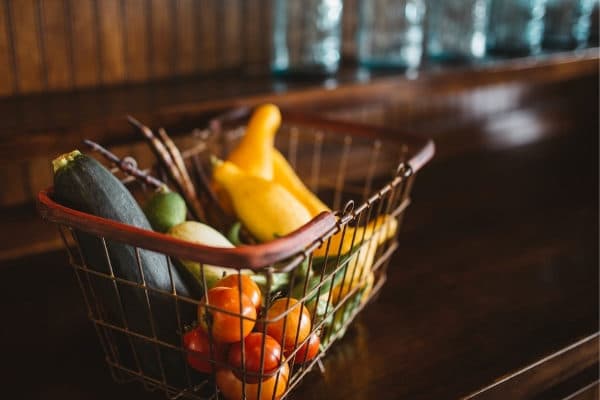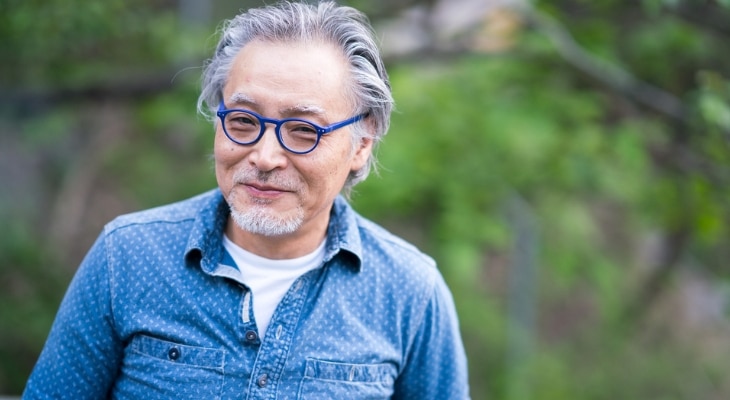Older, Smarter, Healthier: Why Australia’s Over-50s are so Switched On
Older Australians make up a considerable proportion of the population, with more than seven million people aged between 50 and 75 across the country. In 2017, around 14 per cent of people were aged 65 and over, but this is set to grow to 25 per cent by 2061.
Over the past century, life spans increased by 25 years, and longevity is predicted to keep rising thanks to breakthroughs in medical science, not to mention factors such as increased awareness of the importance of regular exercise and a rounded diet.
“People want the best quality lifestyle as they age,” says Queensland-based herbalist Mylinda Johnson. “Today’s 60-plus men and women have never been healthier.” In fact, a 2015 National Health Survey found that 39 per cent of people aged 65 or over self-assessed their health as being very good or excellent.
They’re Wealthy
Another study in 2018 by FONA International shows Baby Boomers (those born between 1946 and 1964) are trend drivers when it comes to consuming healthy foods, and that they place a greater importance on healthier lifestyles than previous generations. They also have the means to pay for it; while Baby Boomers make up a quarter of Australia’s population, they hold more than half of the nation’s wealth.
“People in this age group are spending their disposable incomes less on consumer items and more on personal growth and wellness,” says Johnson. “They want to stay active and healthy.”
Roy Morgan found that Baby Boomers are just as interested in healthy food options as other age groups, while a recent Ingredion study in the US shows they spend more of their food budget on health and wellness products than other generations. They’re outnumbering Millennials when it comes to interest in functional foods such as fibre, carotenoids, probiotics and vitamins, and they’re aware of foods associated with healthy ageing, bone health, weight management, cardiovascular health and digestive health.

They’re Growing
Morgan Stanley reports that Boomers are expected to spend 3.4 per cent more on health than their parents did, and that between now and 2060 the market will grow by more than 1 per cent annually due to new customers alone.
“They have money and knowledge, and the time to use it,” says Johnson, who has seen a marked increase in the number of retirees visiting her over the past five years. “They’re also decisive, and make decisions quickly, based off advice from friends and family – opinions matter.”
They’re Curious
Studies show that Boomers are more conscious of where the products they’re buying come from, and what’s in them: they read food labels and are curious about the origins of their food products. Research also indicates that older people are better at spotting a higher-quality product in general, and are more likely to ‘upgrade’ to premium packaged goods: Roy Morgan states that 91 per cent of Boomers will always try to buy Australian-made goods over a cheaper imported product, for example.
“Baby Boomers and Gen X were mostly responsible for the push for ‘buy Australian’ 30 years ago, and now 99 per cent of Australians recognise the logo and labelling,” says Paul Medeiros, co-founder of The Source Bulk Foods.
This translates into a willingness to pay for organic, chemical-free produce, Medeiros says: “The 50-plus market is responsible for driving demand for organic produce and products in Australia, especially in the past 10 years.”
Research by the Mobium Group for the 2019 Australian Organic Market Report revealed that domestic sales for certified organic products was at $1.93 billions in 2018. This is $256 million more than the same figure in 2017. The report also suggests that more than 65 per cent of Australian households now buy organic products or produce in any given year.

“In addition, there’s a lot of interest in food-based supplements, superfood blends and proteins,” says Medeiros, noting that around 40 per cent of The Source’s customers today are aged 50 and over. “We were surprised to see such a big uptake of hemp products by this age group in recent years, and there is growing interest in fermented products and gut health in general.”
After a health scare last year, Audrey Giles, 65, decided she needed to take better care of herself. “My generation has always cared about where food came from,” she says. “There was a blip there where it was just convenient to buy from supermarkets, but now that I have the time, and the knowledge, I make sure I shop responsibly and healthily. I buy organic, chemical-free foods. Life is too short to eat things that may poison me.”
Giles also says that if she does buy packaged goods, she takes the time to read the label. “What’s in my food matters.” She exercises daily, sees an acupuncturist every two weeks, and consults a kinesiologist once a month. “A lot of my friends go to the same practitioner. Why not make life as vibrant as possible?”
-
Get your FREE ticket
- REGISTER FOR FREE
